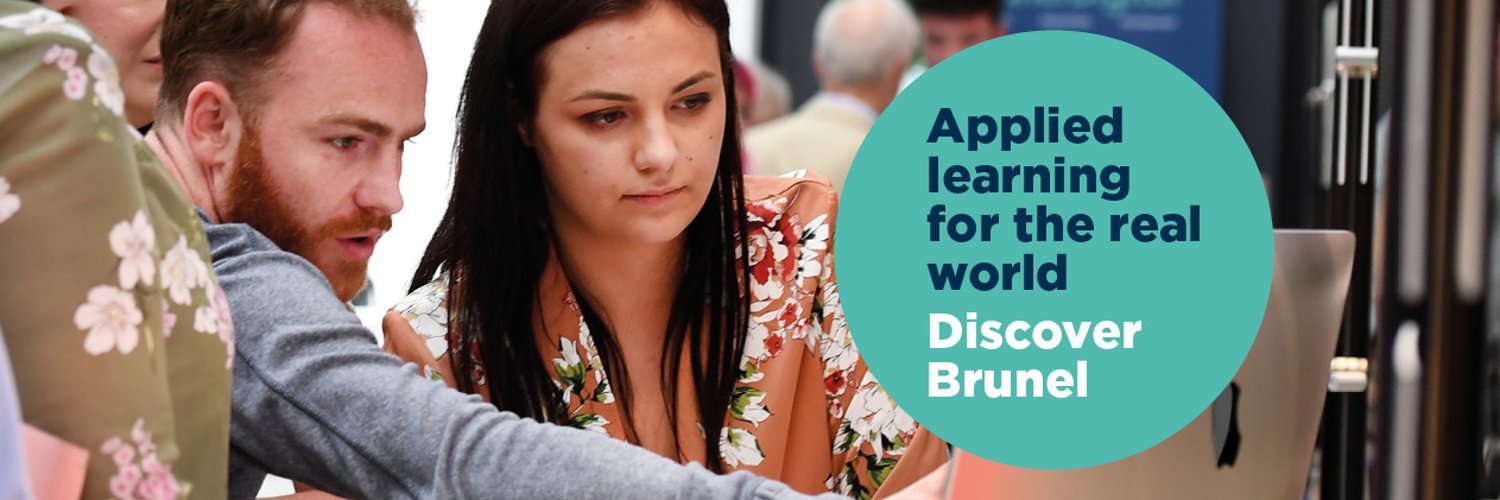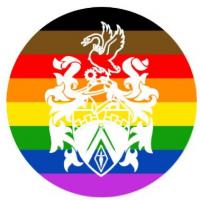Anthropology of Childhood, Youth and Education MSc
Anthropology of Childhood, Youth and Education MSc was the first degree of its kind to be established and is still unique in its deep anthropological exploration on what it is to be a child or to be young.
As part of the course, you will look at historic perceptions of childhood in the West to the development of European rights of protection, compared to experiences of childhood in other parts of the world, like the street children of Brazil.
In a module on learning and education you will compare physical development stages, including how learning is acquired and universal patterns of play, to the range of ways children are prepared or educated to fit cultural expectations.
The course’s key organising principle is that understanding children requires the study of how their relations with others – peers, older and younger children, parents, teachers and other adults – inform their practices, identities and world views.
The course addresses the following issues from an anthropological perspective:-
Do children of ‘different cultures’ live ‘different worlds’?
How does education impact upon children’s worlds and upon social and cultural practices more broadly?
How do the everyday processes of learning – both formal and informal – help to shape children’s ideas of and engagement with society at large?
What is the role of schools in the transmission and acquisition of cultural values to children and youth?
Why are adults’ ideas about childhood and youth so important for what children learn and aspire to become?
The distinctiveness of this degree derives from an anthropological approach that focuses on the importance of children’s and youth’s perspectives, on the role that education (formal and informal) plays in children’s learning processes, and in the transmission and acquisition of cultural knowledge.
Anthropology at Brunel is well-known for its focus on ethnographic fieldwork. As well as undertaking rigorous intellectual training, you will be expected to get out of the library and undertake your own, original research – whether in the UK or overseas – and to present your findings in a dissertation.
In recent years, Brunel students have undertaken fieldwork in locations across the world, including India, Mexico, Bolivia, Papua New Guinea, China, Nepal, Peru, Morocco, and New Zealand as well as within the UK and the rest of Europe.
A 30 month part-time option of the course is also available. If you wish to be considered for the part-time 30 month version, please make your application for the 24 month part-time route and then contact the Admissions team to request the change to the 30 month duration.
Intakes
- Sep
Application Processing Time in Days: 30
Minimum English Language Requirements
| English Level Description | IELTS (1.0 -9.0) | TOEFL IBT (0-120) | TOEFL CBT (0-300) | PTE (10-90) | |
|---|---|---|---|---|---|
| Expert | 9 | 120 | 297-300 | 86-90 | |
| Very Good | 8.5 | 115-119 | 280-293 | 83-86 | |
| Very Good | 8 | 110-114 | 270-280 | 79-83 | |
| Good | 7.5 | 102-109 | 253-267 | 73-79 | |
| Good | 7 | 94-101 | 240-253 | 65-73 | |
| Competent | 6.5 | 79-93 | 213-233 | 58-65 | |
| Competent | 6 | 60-78 | 170-210 | 50-58 | |
| Modest | 5.5 | 46-59 | 133-210 | 43-50 | |
| Modest | 5 | 35-45 | 107-133 | 36-43 | |
| Limited | 4 | 32-34 | 97-103 | 30-36 | |
| Extremely Limited | < 4 | < 31 | < 93 | < 30 |
Job Opportunity Potential
Making effective applications
Preparing for interviews
Make the most of your careers service, throughout your degree and beyond
Where could your degree take you?
Build your career while studying and gain an insight into the range of paths open to you
Skills Awards and Programmes
Build the skills employers look for with Ready, Brunel+, BSIP, and professional mentoring
Moving on as a graduate
We're still here for you after you finish your degree - up to 3 years after graduation
PSW Opportunity
2 Years PSW is applicable after the course completing (Bachelors level or above)
Admission Requirement / Eligibility Criteria
A 2:2 (or above) UK Honours degree or an equivalent internationally recognised qualification.
Applicants with other degrees along with relevant experience will be considered on an individual basis.
A minimum score of 55%-65%. Offers within the grade range are determined by the higher education institution attended.
If you require a Tier 4 visa to study in the UK, you must prove knowledge of the English language so that we can issue you a Certificate of Acceptance for Study (CAS). To do this, you will need an IELTS for UKVI or Trinity SELT test pass gained from a test centre approved by UK Visas and Immigration (UKVI) and on the Secure English Language Testing (SELT) list. This must have been taken and passed within two years from the date the CAS is made.
English language requirements
IELTS: 6.5 (min 6 in all areas)
Pearson: 58 (51 in all subscores)
BrunELT: 65% (min 60% in all areas)
TOEFL: 92 (min 20 in all)
- Course Code: L610PANTHCYE
- Course Type: Full Time
- Course Level: Masters/PG Degree
- Duration: 01 Year
-
Total Tuition Fee:
16335 GBP
Annual Cost of Living: 12006 GBP
Application Fee: N/A
Similar Programs
- Digital Design and Branding MSc with placement at Brunel University London
- Digital Design (Motion Graphics) MSc with placement at Brunel University London
- Digital Design (Motion Graphics) MSc at Brunel University London
- Digital Design (Immersive Mixed Reality) MSc with placement at Brunel University London
- Digital Design (Immersive Mixed Reality) MSc at Brunel University London
- Digital Design (3D Animation) MSc with placement at Brunel University London

